Gwyneth’s Paltrow’s house must be spotless. For when it comes to clean, she is the undisputed champion. What started with clean eating – a concept that has fuelled equal levels of enthusiasm and controversy – has now moved on to clean beauty.
Admittedly, it’s not a new concept for Paltrow. Clean beauty was the subject of a 288-page Goop book published in 2016, which prompted The Guardian to deem the movement “the next thing in the beauty industry”.
It’s taken a while, but that prediction has finally come to pass. This year, clean beauty has made its way into everything from Vogue UK to Good Housekeeping. And as last week’s Holland & Barrett showcase demonstrated, it’s now proving a major influence at the retailers.
A total of 13 new brands and over 200 new products made their way into the event, including zero-waste shampoo bars and plastic-free period products. Holland & Barrett’s head of new products and partnerships Tracey Woodward is unequivocal on the importance of these lines. “I see Holland & Barrett as the pioneer of clean beauty,” stresses Woodward, who joined the retailer last month. “For us, that means that the products we sell are ethical, sustainable, come from natural origins, and don’t damage the environment.”
‘Pioneer’ is a big claim. For there are plenty of retailers that already consider themselves pretty ethical and sustainable. Lush has leaned heavily on its natural credentials since launching back in 1970. It was also a founding ethos of The Body Shop, which joined Natura & Co – a global cosmetics group focused on sustainable and ethical business practices – back in 2017.
Still, Holland & Barrett has one thing that puts it ahead of the pack: its clean beauty products have all-natural origins. That’s not something that is easily replicated. The Body Shop admits on its site that its products include synthetic ingredients, while Lush claims to be in the process of “working hard on eliminating all synthetic preservatives from our products.”
Woodward sees this is a critical point of difference (along with banning 240 ingredients including parabens and microbeads). “It’s really important to us that our products are natural. We’re one of the few retailers in the UK that can say we’re totally clean in beauty,” she says.
Indeed, consumers are becoming ever conscious of what they’re putting on their bodies. That awareness was heightened last year, when Johnson & Johnson was ordered to pay $4.7bn (£3.7bn) to 22 women who claimed to have developed ovarian cancer from asbestos found in the company’s baby powder.
It might have been a US court case, but the story was immediately picked up in the UK, sparking a wave of public concern about what goes into beauty products. In February, a Mintel report on UK beauty trends argued that “the importance of being transparent and toxin free has never been greater”. In May, data company Statista said Britain was in a period of “growing awareness of the potential harmful side-effects of the artificial ingredients used in beauty products.”
That awareness could pay dividend for brands and retailers that are truly able to deliver on their clean beauty claims.
So long as Holland & Barrett makes good on its all-natural promises, it could be onto a trend that goes far wider than the Goop audience.

View full Profile







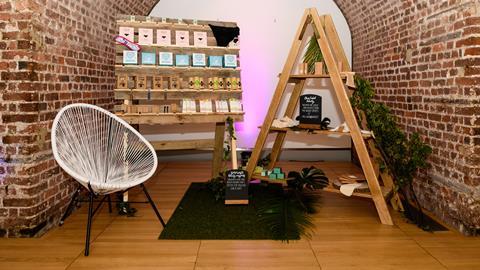


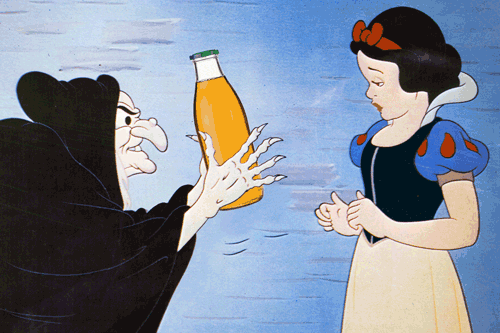
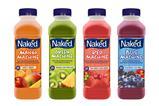
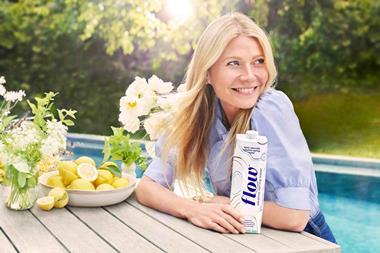


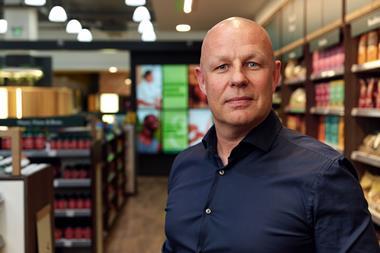








No comments yet